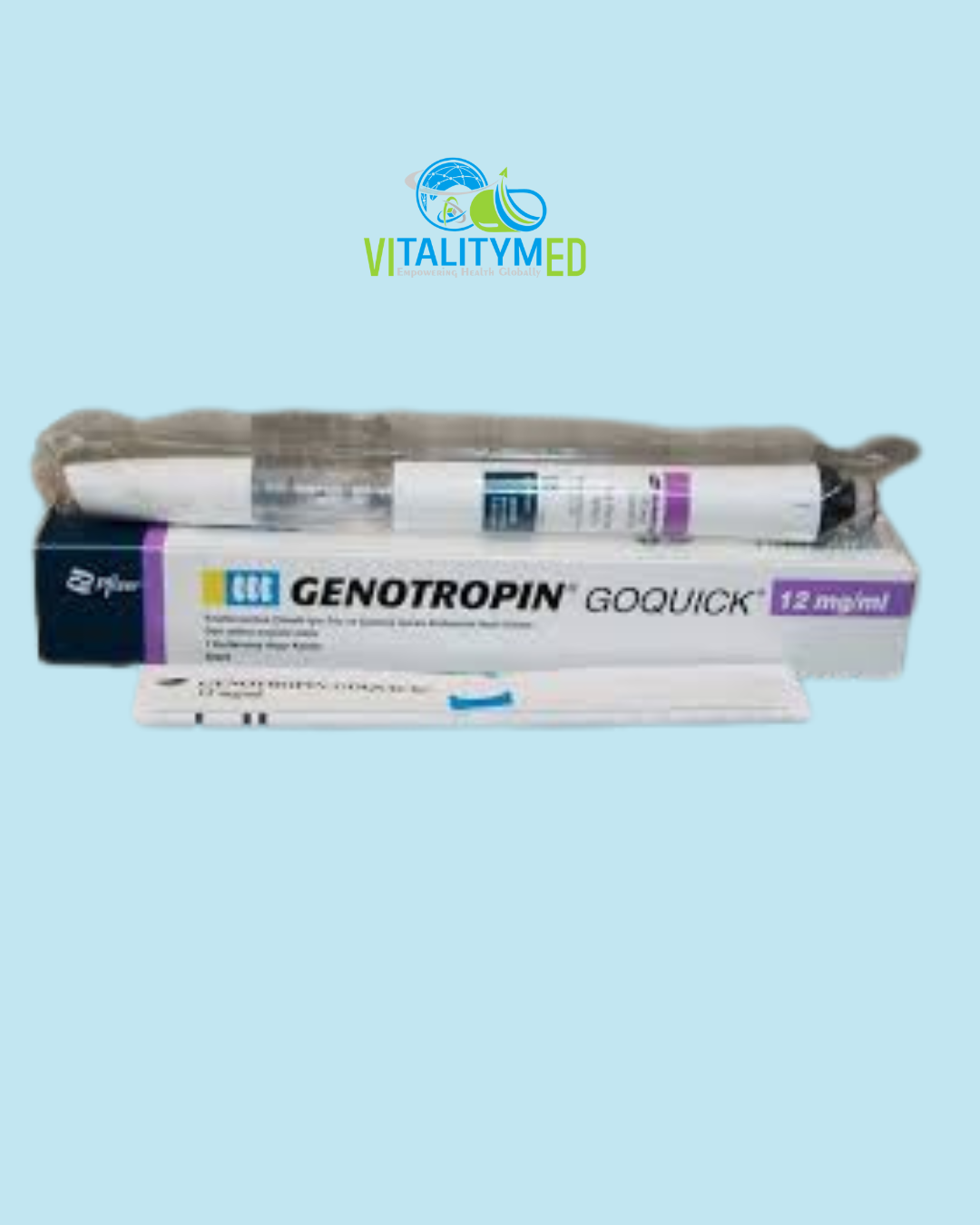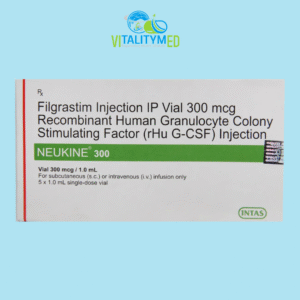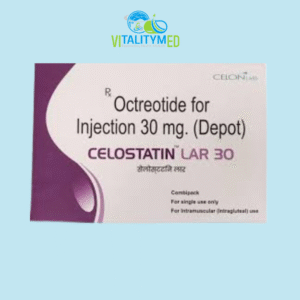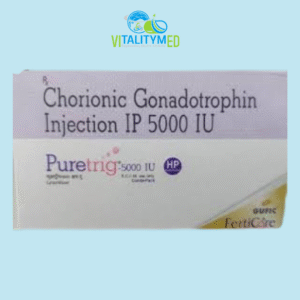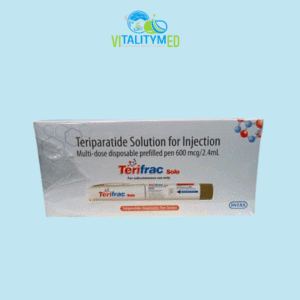Genotropin is a recombinant human growth hormone (rhGH) produced via recombinant DNA technology using E. coli bacteria. It is structurally identical to the natural growth hormone produced in the human pituitary gland. Genotropin is used to treat a variety of growth disorders in both children and adults by promoting linear growth, muscle mass development, and metabolic balance.
Mechanism of Action
Somatropin exerts its effects by binding to growth hormone receptors in various tissues, most notably the liver. This stimulates the production of Insulin-like Growth Factor 1 (IGF-1), which mediates many of the hormone’s effects on tissue growth, protein synthesis, fat metabolism, and bone mineralization.
Clinical Uses / Indications
In Children:
-
Growth hormone deficiency (GHD)
-
Turner Syndrome
-
Chronic renal insufficiency with growth failure
-
Prader-Willi Syndrome
-
Small for gestational age (SGA) with failure to catch up by age 2
-
Idiopathic short stature
In Adults:
-
Growth hormone deficiency (from pituitary or hypothalamic disease, trauma, radiation, or idiopathic)
-
HIV-associated wasting or cachexia
-
Short Bowel Syndrome (as part of specialized treatment with diet and fluids)
Adverse Effects
Side effects vary by age, dosage, and individual response. Common and serious reactions include:
Common:
-
Injection site reactions (pain, redness, swelling)
-
Edema (fluid retention)
-
Joint or muscle pain
-
Headache
-
Fatigue
-
-

